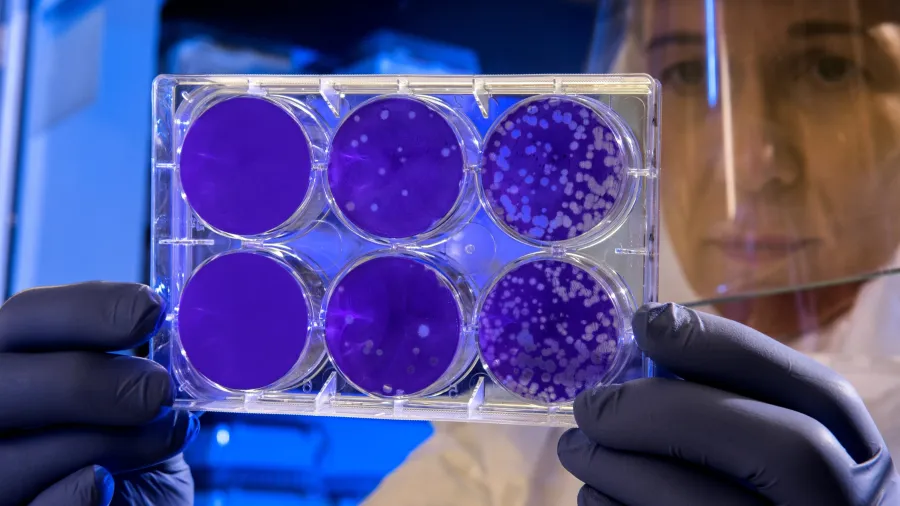
Generative AI seen helping lower costs in pharma, healthcare
New technology can streamline diagnostic processes, and help with predictions in drug discovery.
The use of generative artificial intelligence (AI) in pharmaceuticals and healthcare could potentially address the long-standing issues of high costs and poor patient experiences in the sector, according to a report by GlobalData.
Generative AI is poised to bring radical changes to the healthcare sector and enable a transformative shift across the value chain, said Kiran Raj, practice head of Disruptive Tech at the consultancy firm.
The technology can help physicians provide more effective care at lower costs with streamlined personalised care and guided diagnosis. The firm, in its latest Innovation Radar report, said AI could synthesise key information of patients including their medical history, family history, and lifestyle.
In the drug discovery scene, generative AI can help generate novel drug candidates based on the criteria and constraints supplied by researchers.
The technology can also predict the efficacy and safety of new drug candidates, and potentially personalise drug therapy for better patient experience.
Businesses around the world are already on the move to discover the next biggest innovation in the sector according to the report.
GlobalData said healthtech startups like Huma.AI, Insilico Medicine, and Absci are currently developing generative models that could help fast-track drug development, while tech giants Google and NVIDIA provide the infrastructure needed.
“The genAI landscape is not without risks, especially in regulated industries like pharma and healthcare, there is potential for significant advancements and benefits,” said the firm’s associate project manager of Disruptive Tech, Saurabh Daga.
To fully leverage on the potential of technological breakthroughs, Daga stressed the need for companies to collaborate with organisations which have the industry perspective and tech expertise involving responsible AI.


















 Advertise
Advertise


